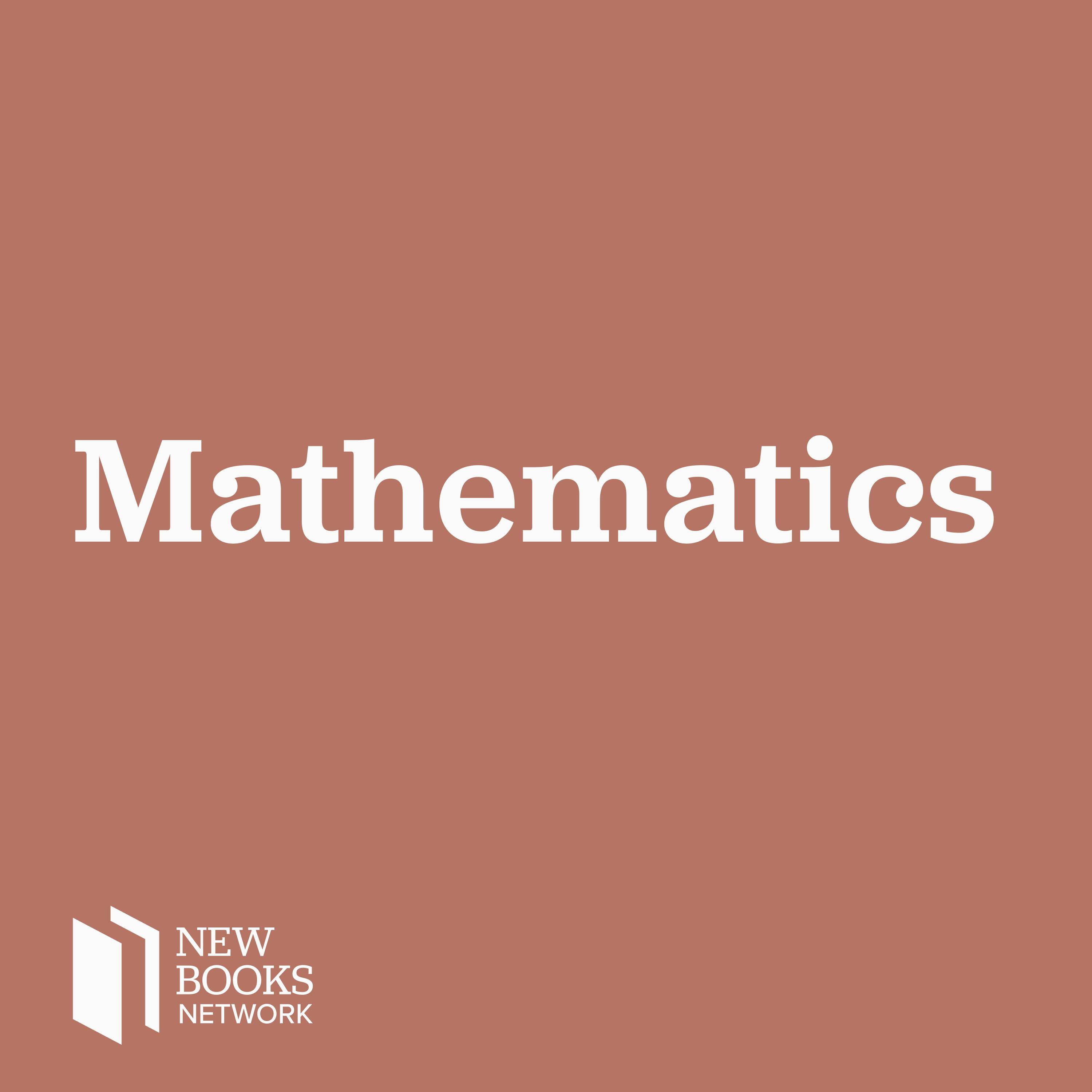David Sulzer, "Music, Math, and Mind: The Physics and Neuroscience of Music" (Columbia UP, 2021)
Description
Why does a clarinet play at lower pitches than a flute? What does it mean for sounds to be in or out of tune? How are emotions carried by music? Do other animals perceive sound like we do? How might a musician use math to come up with new ideas?
This book offers a lively exploration of the mathematics, physics, and neuroscience that underlie music in a way that readers without scientific background can follow. David Sulzer, also known in the musical world as Dave Soldier, explains why the perception of music encompasses the physics of sound, the functions of the ear and deep-brain auditory pathways, and the physiology of emotion. He delves into topics such as the math by which musical scales, rhythms, tuning, and harmonies are derived, from the days of Pythagoras to technological manipulation of sound waves. Sulzer ranges from styles from around the world to canonical composers to hip-hop, the history of experimental music, and animal sound by songbirds, cetaceans, bats, and insects. He makes accessible a vast range of material, helping readers discover the universal principles behind the music they find meaningful.
Written for musicians and music lovers with any level of science and math proficiency, including none, Music, Math, and Mind: The Physics and Neuroscience of Music (Columbia UP, 2021) demystifies how music works while testifying to its beauty and wonder.
Galina Limorenko is a doctoral candidate in Neuroscience with a focus on biochemistry and molecular biology of neurodegenerative diseases at EPFL in Switzerland. To discuss and propose the book for an interview you can reach her at [email protected].
Learn more about your ad choices. Visit megaphone.fm/adchoices
Support our show by becoming a premium member! https://newbooksnetwork.supportingcast.fm/mathematics
More Episodes
Published 04/15/24
The stereotype of the solitary mathematician is widespread, but practicing users and producers of mathematics know well that our work depends heavily on our historical and contemporary fellow travelers. Yet we may not appreciate how our work also extends beyond us into our physical and societal...
Published 04/15/24
What's the best way to determine what most voters want when multiple candidates are running? What's the fairest way to allocate legislative seats to different constituencies? What's the least distorted way to draw voting districts? Not the way we do things now. Democracy is mathematical to its...
Published 02/01/24


